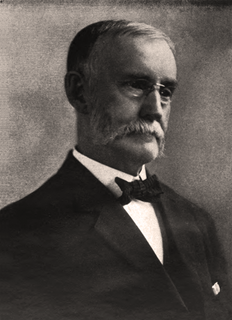A Quote by Jon Krakauer
Achieving the summit of a mountain was tangible, immutable, concrete. The incumbent hazards lent the activity a seriousness of purpose that was sorely missing from the rest of my life. I thrilled in the fresh perspective that came from the tipping the ordinary plane of existence on end.
Related Quotes
And now that we have returned to the desultory life of the plain, let us endeavor to import a little of that mountain grandeur into it. We will remember within what walls we lie, and understand that this level life too has its summit, and why from the mountain-top the deepest valleys have a tinge of blue; that there is elevation in every hour, as no part of the earth is so low that the heavens may not be seen from, and we have only to stand on the summit of our hour to command an uninterrupted horizon.
Kilimanjaro is a snow-covered mountain 19,710 feet high, and is said to be the highest mountain in Africa. Its western summit is called the Masai 'Ngaje Ngai', the House of God. Close to the western summit there is a dried and frozen carcas of a leopard. No one has explained what the leopard was seeking at that altitude.
Whatever you do with your life-whatever you end up achieving or not achieving-the great gift you have in you to give to the world is the gift of who you alone are; your way of seeing things, and saying things, and feeling about things, that is like nobody else’s. If so much as a single one of you were missing, there would be an empty place at the great feast of life that nobody else in all creation could fill.
Morality is a mountain which we cannot climb by our own efforts; and if we could we should only perish in the ice and unbreathable air of the summit, lacking those wings with which the rest of the journey has to be accomplished. For it is from there that the real ascent begins. The ropes and axes are 'done away' and the rest is a matter of flying.
Nietzsche seems sometimes to replace the "transcendence" which stands at the center of traditional accounts the existence of a transcendent God, or, failing that, a transcendental viewpoint with that of a continually transcending activity. ... There is no single, final perspective, but given any one perspective, we can always go beyond it.





































